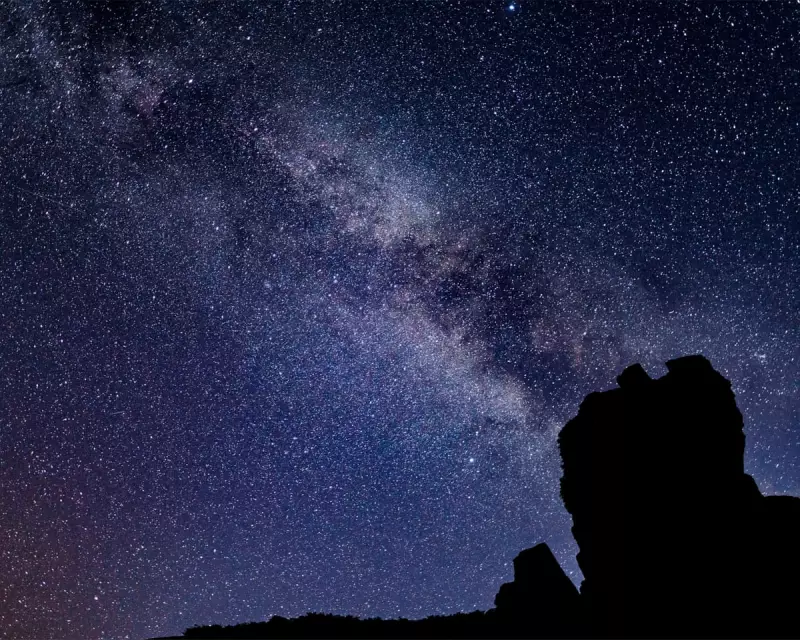
In a stunning reversal of one of modern astronomy's fundamental beliefs, an international team of astrophysicists has revealed that the universe's expansion is actually slowing down, directly contradicting the long-held theory of accelerating cosmic expansion that earned the 2011 Nobel Prize.
The Nobel-Winning Discovery That Changes Everything
The Royal Swedish Academy of Sciences has awarded the 2025 Nobel Prize in Physics to Dr Elena Vance and Dr Samuel Chen for their revolutionary findings, which fundamentally alter our understanding of cosmic evolution. Their research, conducted using unprecedented data from the James Webb Space Telescope and other advanced observatories, demonstrates that the mysterious 'dark energy' thought to be driving acceleration may not exist in the form scientists previously believed.
Overturning Two Decades of Scientific Consensus
Since the late 1990s, the astronomical community has operated under the paradigm that the universe's expansion was accelerating, based on observations of distant supernovae. This discovery earned three scientists the 2011 Nobel Prize and led to the concept of dark energy as a dominant force in cosmology.
"What we're seeing is a cosmic slowdown," explained Dr Vance during the Nobel announcement. "The data consistently shows the expansion rate is decreasing, not increasing. This requires us to completely rethink our models of the universe's fate."
Implications for the Ultimate Fate of the Cosmos
The new findings have profound implications for predicting how the universe will end:
- The Big Crunch scenario becomes more plausible if deceleration continues
- Dark energy models require significant revision or replacement
- Cosmic timelines for the universe's evolution may need extending
- Fundamental physics theories, including relativity, face new challenges
A New Chapter in Cosmic Understanding
The research team analysed light from over 1,500 supernovae, combining observations from multiple space telescopes and ground-based observatories. Their meticulous measurements revealed consistent patterns of deceleration across vast cosmic distances.
"This isn't just a minor adjustment to our models," Dr Chen emphasised. "It's a paradigm shift that opens up entirely new questions about the nature of space, time, and the forces shaping our cosmos."
The astronomical community is now preparing for what many are calling a 'second cosmological revolution,' as telescopes worldwide redirect their focus to verify and build upon these groundbreaking findings.





